BLOG TOUR: “Last Worst Hopes“ by Lee Hunt

Lee Hunt has a new epic fantasy out in both eBook/print and audiobook formats, set in the world of the Dynamicist Trilogy: Last Worst Hopes. And there’s a giveaway!
Their world was ending, all the heroes were dead, the leaders confused, and their enemies were head and shoulders above them. But there was no one else; they were the dregs, the last worst hopes.
Nehring Ardgour has summoned Skoll and Hati from hell. They have torn through the proud and ancient country of Engevelen and the angelic Methueyn Knights that protect it. Armies have died, cities have fallen. None of the great remain. No brilliant inventors, no powerful knights, no master wizards.
No heroes.
But it gets worse. Farrah Harbinger has looked into the future and foretells the coming of an enemy worse than all the others, a creature of destruction and entropy like no other. A being who will grind all hopes and memory of civilization into dust: the One, True Devil.
Who can stop it? Who is left to even try?
Surely not Val, an arrogant young wizard who no one takes seriously, or Mick, an old man who can’t even remember his name. Certainly not Dav, who cannot seem to tell left from right or up from down, or Aveline, a squire filled with more questions than courage. No one would pick them to save the world, and yet there is no one else left.
Universal Buy Link | Get it On Amazon
GUEST POST: Magic in Last Worst Hope
Your new novel, Last Worst Hope (LWH) is set in the world of the Dynamicist Trilogy, correct?
Yes it is. LWH is set about 250 years prior to the events of Dynamicist, during the last weeks of what is later known as the Methueyn War.
But there are no dynamicists in this era, are there?
None. In those days, magic wielding individuals called themselves wizards. Gerveault’s famous advice about wizards goes unheeded in LWH:
“In today’s world a wizard is a risk-taker, a reckless gambler. A wizard, as rare as the talent for wizardry may be, is widely mistrusted. This is not because the ability to change things makes one morally untrustworthy, but because what wizards do is inherently unpredictable. Wizards are a thing of the old world, and this school is not about ideas that no longer work. A wizard, with only a very few exceptions, is also likely to live a very short life. We want to help you become something else.”
What do wizards in the time of LWH say?
For the most part they live up to Gerveault’s description. Val leads a group of them, called Elysians, and she finds them very difficult to manage:
“Is everyone ready?” Val asked in as loud a voice as she possessed. She looked directly at Rebecca and added, “Remember, Courant is the pride of Engevelen. Be careful. As of an hour ago, people still lived there.”
Rebecca smirked and said, “Don’t worry, Val, this is what Wizards do!”
“What wizards do!” shouted Christopher, making his dolls clap their eerie, human-like hands together, one doll to the other.
“Indeed,” drawled Samantha Westerberg. “What we all do. When do we begin?”
Wizards in LWH prefer to ‘do’ over thinking or talking.
Why are the styles of magic so different in the same world at two different times?
The answers to this are never spelled out in LWH, but there are several reasons. The most important of these is that the ‘cost’ of magic is lower than in the time of Dynamicist. The machine that Ardgour makes—and comes into effect at the end of LWH—increases a kind of cost modulus, called Huygens. This has the effect of making wizardry more dangerous and greatly reduces the power of Skoll and Hati.
What do you mean by the ‘cost’ of magic?
Whether the wizards of the time pay attention or not, magic in the world of Dynamicist obeys the laws of thermodynamics. There are costs and losses. So, when a wizard tries to change something, a little energy is lost in the process. The wizard’s body will cool. And the law of conservation of energy is still obeyed, whether the wizard believes that or not.
How do you mean that ‘energy is conserved’?
The wizards don’t create energy. They borrow it. Chris invests energy in his creepy dolls in the making of them. The area of effect when he breaks the dolls moves energy around, too. He transfers heat—creating a hotter area and, by a collateral effect—cools another area elsewhere.
Interesting. I noticed that Halwyn uses physical gestures—he pushes the mountain, Rebecca makes rhymes, and Val uses analogies. So, why do the various wizards all perform their acts of magic so differently?
The cost, or Huygens modulus, is low at their time, so unbeknownst to them, there is little need for efficiency on the part of the wizards. Most of them have just come up with some instinctive process to make things happen. And they practice and practice with this process until it becomes second nature to them.
But Val is different.
Yes. She belongs to a school of thought called the “Acutists” who believe that (a) Huygens exists, (b) that its existence matters, and (c) that there must be a self-consistent set of rules behind the operation of magic.
How come the other wizards don’t agree?
Because what they have done has worked for them up until now. And not thinking about it helps them to perform better so long as nothing changes. These wizards belong to a school who Val calls, “Staticians” because things staying the same—staying static—is helpful to them.
How does Val’s approach to wizardry differ from dynamics?
Val is using analogic reasoning to figure out how much energy to transfer. She ‘feels’ the analogy of it. This is halfway between the instinctive methods of her fellow wizards and the mathematical approach of dynamics. Here is an example of Val’s thought process in figuring out how to heat a bucket of water versus something as large as a man or a horse:
A stein is to a bucket, what a bucket is to an armored man, the same as an armored man to a horse. Like is to like is to like, and thus we go from what we know to what we thought we didn’t know.
Or here, more chillingly, where Val is trying to determine the minimum amount of temperature change required to coagulate a skolve’s blood:
Like eggs in a pan, like flour in a gravy, like pudding stirred at heat, they all abruptly change from thin to thick. Their heart is like the stirring whip. Like is to like is to like, and thus we go from what we know to what we thought we didn’t now.
So who’s approach is better: Staticians, Acutists, or dynamicists?
It depends on what the situation is ‘like.;
Giveaway
Lee is giving away a $20 Amazon gift card with this tour:
Direct Link: http://www.rafflecopter.com/rafl/display/b60e8d47235/?
Excerpt

They watched, hardly daring to breathe. Then, as if buffeted by a sudden wind, something stirred among the trees. An instant later, the movement resolved into soldiers, running, seven of them, bursting from the trees. It looked like someone in the group might have stumbled and been helped up by others.
The horn called a single note, which cut off almost before fully forming.
“Run!” shouted the major.
“Run!” shouted Havard.
The call echoed up and down the line, but to Mick it did not look like the soldiers were running fast at all. It almost never does, when you’re watching someone impatiently, and absolutely never does when they might die if they’re too slow. He wondered how he knew this.
The image of Sir Valence playing fetch with Fenris blazed like the sun in Mick’s eyes.
Last chances.
Mick did not shout “Run!” but suddenly, unaccountably, he found himself over the line with a pike in his hands, running toward the struggling rangers. He did not remember grabbing the pike or leaping over the wall. He did not remember if landing from the six-foot height had hurt his ancient knees. Mick did not remember his earlier self-doubt, never worried if he would get to the rangers in time, never speculated that he might not be needed, or if his effort was a fool’s errand, the futile histrionics of a mad, old fool from a house of fools, never wondered if he might do more harm than good or fretted that a wall of monsters might come out of the trees and dwarf any effort a hundred of him could muster. He never considered in any way the question of leaping the wall or not. There was no thought or speech involved at all.
He simply ran.
“Mick, get back here!” bellowed Havard. “For knight’s sake, stop!”
But Mick was gone.
The ground sped by quickly as the rangers grew closer and closer. Two huge, strange shapes broke out of the trees, aiming straight for the soldiers. He tightened his grip on the pike, lowered his head, and charged.
The rangers abruptly stopped and formed a semi-circle. One of them limped on as the rest rotated their spears and planted them, gleaming tips pointing up and back toward the trees. An instant later, the skolves hit them, hard, pushing recklessly into the rangers’ spears, swiping at them with their rusty swords. For a moment, the spears held them there, but could not turn them back. Mick could see the skolves shake from side to side, paws, swords and bodies trying to dislodge the spears from the rangers’ hands and get inside their arcuate line.
As Mick rushed toward the battle, one of the spears broke. The rightmost skolve lunged forward with a roar and was immediately hit on its horse-length head by an overhand sword stroke delivered by one of the rangers. The creature reeled back and fell.
Mick broke left for several long strides, then sharply right into the flank of the skolve still held at spear length. “Last chance!” he roared as he lunged and thrust his pike straight into the chest of the beast, taking it off its feet so suddenly that its sword flew out of its huge paw, tracing a spinning arc through the sky before disappearing into the grass. Ferociously, the old man twisted the bladed end of the pike, which had penetrated a foot-and-a-half into the creature’s chest cavity, and step-pulled it out. Dark red blood sloshed out of the ragged wound, but the beast was done. It could only collapse and curl weakly around itself.
The other skolve was struggling under spear thrusts from four of the rangers. With an incomprehensible roar, Mick leaped forward and rammed his spear into the skolve’s head, just missing its eye. It skittered along skull until it caught at the base of where its cheekbone would be. Mick pushed harder, forcing the skolve’s head roughly to the earth, and the haft broke, making him stumble forward with seven feet of wood in his hands. He stepped between the rangers, shifted his grip, and speared the skolve again in the snout with the broken end of the pike haft. It tried to scramble up but collapsed, bleeding from dozens of wounds, but the soldiers kept slashing at it. No one was certain when it would be safe to stop stabbing. Another ranger was rolling around on the ground, hands to his leg, blood seeping between fingers.
“Pick him up,” said one of the rangers at last, a man with a rough goatee.
Mick shouldered his way in, whipped off his belt, slapped the man’s hands away from his leg, and wrapped it tight twice around, just above a large gash oozing red. “I’ll take him,” he wheezed, picking the soldier up and slinging him over his shoulder.
“Run!” a female ranger screamed. “There’s more coming!” Her voice dropped. “All of them.”
Mick did not bother looking back, knew that there was no looking back once over the wall once the chance was taken. There were, however, consequences.
A vast, high-pitched wail passed overhead. A sheet of arrows. Mick knew the sound from somewhere in the distant past. A storm punctuated by the pounding of arrows as they struck their targets. Mick did not look back.
“Look out!” cried the man he was carrying, and an instant later something heavy struck the back of Mick’s leg. He stumbled and went down. The soldier flopped off his shoulders with a scream. “Ahhh. Fuck me,” the man groaned. “Why?” he cried piteously as he rolled weakly, one arm over his face.
Mick staggered back up, hopped, found that his legs still worked, saw nothing was sticking out of himself, shoveled the ranger back up into his arms, and started running again.
“Grandpa,” the ranger whispered. “Grandpa … don’t drop me again.”
Author Bio

Born with only one working lung and having had the last rights read to him and dying of an influenza related viral pneumonia, 25-year-old geophysicist Lee Hunt experienced several near-death dreams. The power of communication and the need to both understand and be understood was at the heart of each. He had already found that nothing was more important than being able to cross the distance between people.
Lee’s interests are eclectic. He is an Ironman Triathlete, hiker, traveler, and an enthusiastic sport rock climber. Lee also continues to work as a geophysicist on Carbon Capture and Sequestration projects, and is a writer for BIG-Media.ca.
The dream of understanding and being understood has never left his mind, and Lee continues that in his works of fiction through metaphor. His works include The Dynamicist Trilogy, Last Worst Hopes and Bed of Rose and Thorns.
Author Website: https://www.leehunt.org/
Author Facebook (Personal): https://www.facebook.com/profile.php?id=100052376555360
Author Facebook (Author Page): https://www.facebook.com/DynamicistAuthor
Author Goodreads: https://www.goodreads.com/author/show/1196106.Lee_Hunt
Author Liminal Fiction (LimFic.com): DynamicistAuthor
Author Amazon: https://www.amazon.com/Lee-Hunt/e/B082YFTMCK

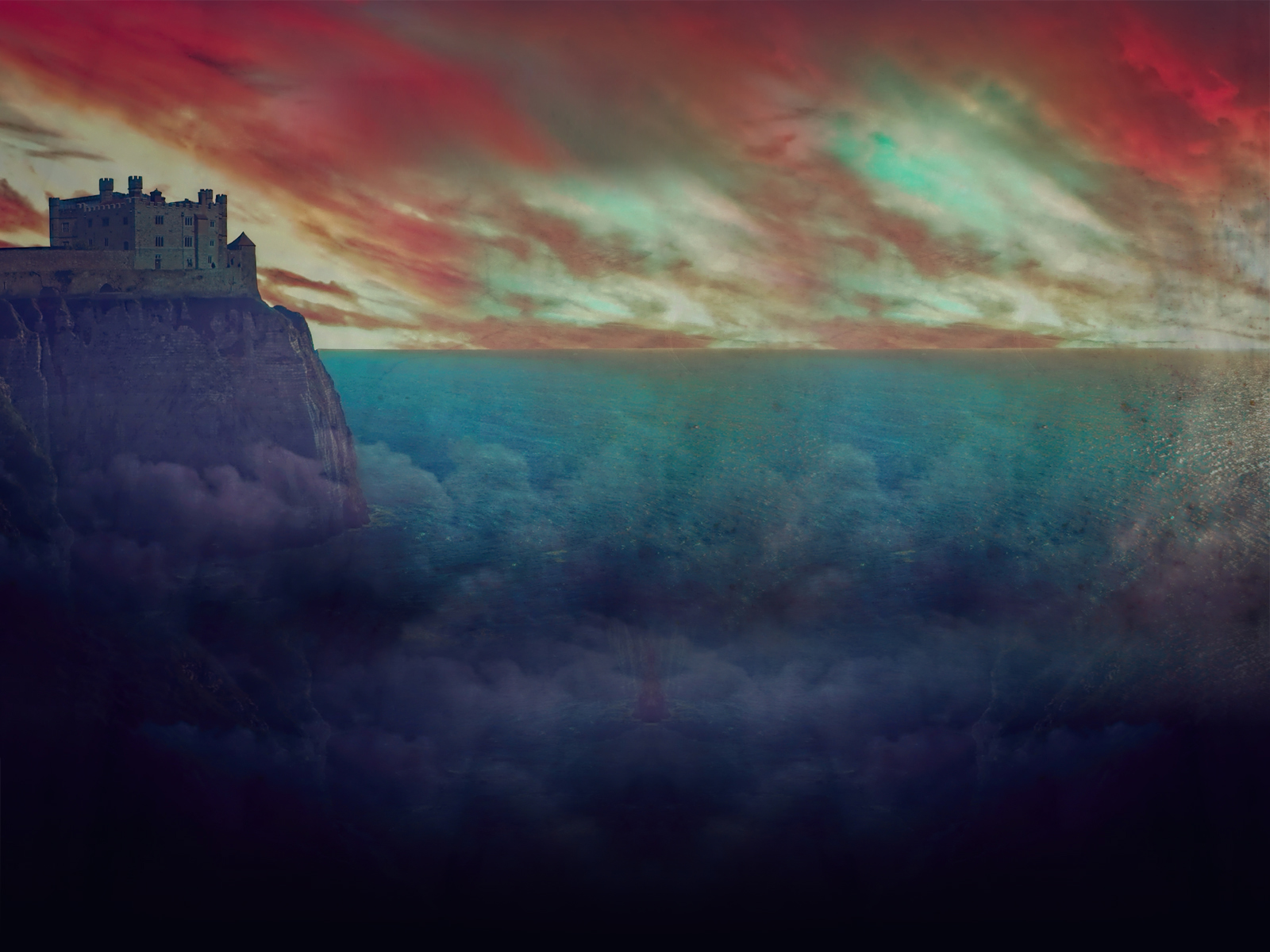

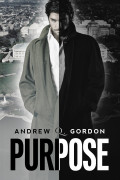
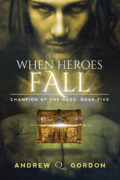
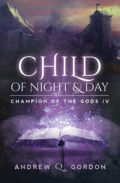
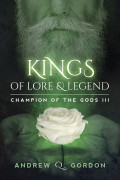
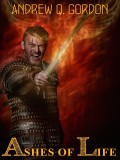
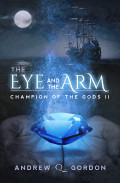
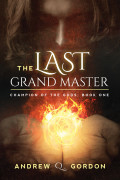

0 Comments